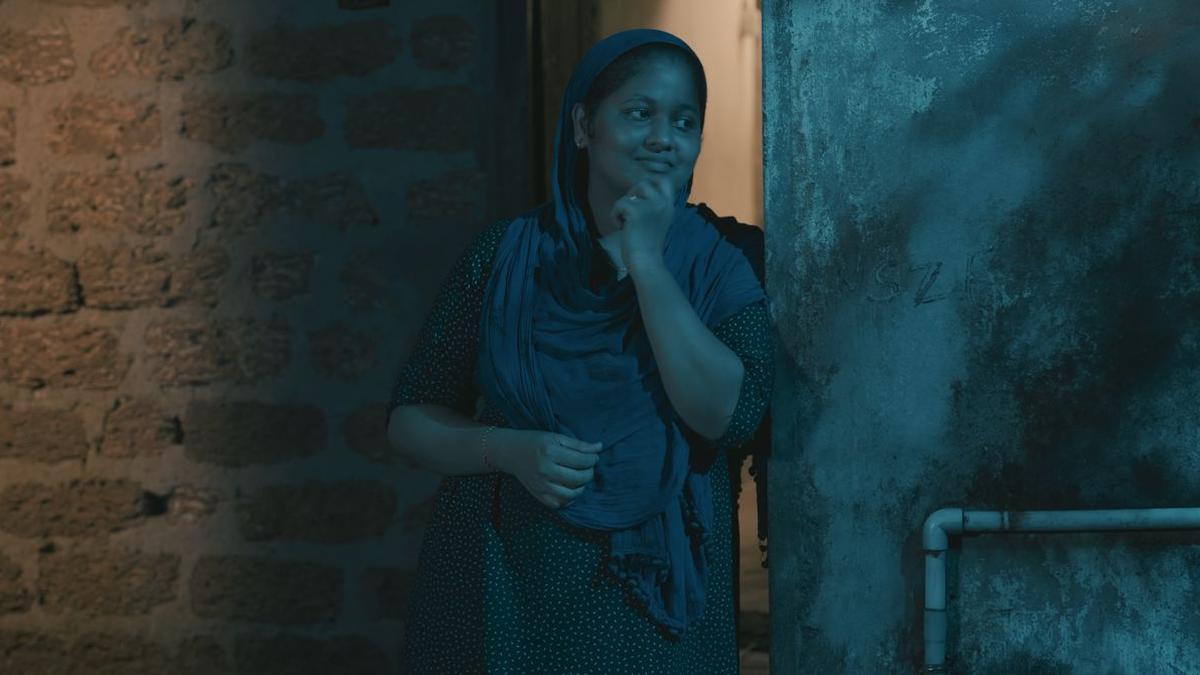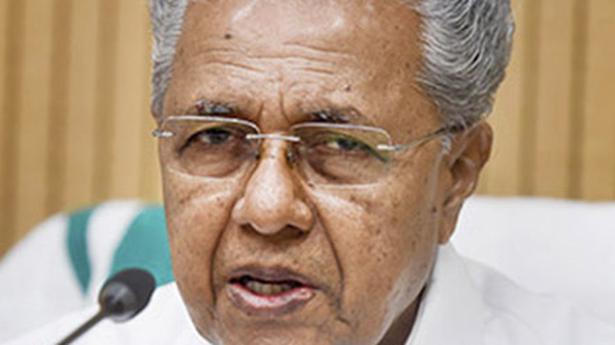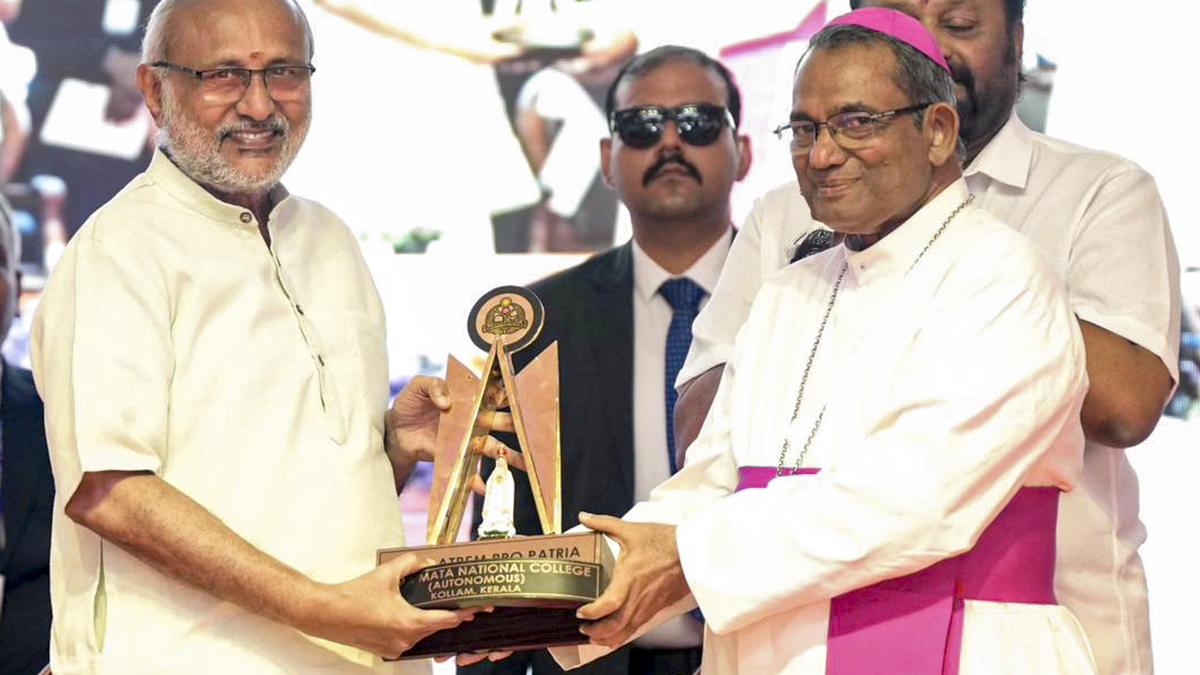Shamla Hamza in Feminichi Fathima.
Shamla Hamza had for a long time believed that mastery over words could open her the doors to the film world, which had always fascinated her. Even as she continued in administrative jobs in Dubai for eleven years, she was on the lookout for an entry into the film industry, as a lyricist. When she participated in the audition call for Thamar K.V.’s 1001 Nunakal came, she went with a song she had written. However, as fate would have it, she got selected as an actor.
Being a part of that film would lead her to be cast in Feminichi Fathima, produced by Thamar and Sudheesh Scaria, and directed by Fasil Muhammed, who was the spot editor of 1001 Nunakal. Her performance as a woman who perseveres in a quiet way against patriarchal and religious oppression to make true a simple wish would win her the Best Actor (female) Award at the 55th Kerala State Film Awards.
“The shooting of the film began when my daughter was 5-6 months old. By then, in the postpartum period, I had naturally acquired the required physical characteristics of the character. I had gained weight, was tired and also had back pain, just like the character of Fathima. I also had in the back of my mind the mannerisms of women like her from my neighbourhood whom I have seen for years. Since I had been reading the screenplay with Fasil for some months, I was well prepared by the time the shooting started,” Ms. Hamza tells The Hindu after winning the State Award on Monday.
Powerful revolt
Fathima’s restrained yet powerful revolt in the film is over the simple wish of having a new mattress, a wish which her conservative husband, a madrassa teacher, does not take the initiative to fulfill. When she takes it upon herself to get a new mattress, he finds reasons to thwart her attempts. Fathima’s battle is portrayed in a very humorous and engaging manner that the film was one of the crowd favourites at the International Film Festival of Kerala (IFFK) last year.
“Feminichi Fathima is very close to my heart because I worked on it while I was taking care of my daughter. She was on the set and the extremely helpful crew would film other shots when I had to be with her. My mother was with her when I was facing the camera. I really wanted to know how the audience would respond to the film. The reception that the film got at the IFFK was heartwarming,” she says.
Though currently she has no projects in hand, she hopes to make her presence felt in Malayalam cinema with roles as impactful as the one she did in Feminichi Fathima.
Published – November 03, 2025 09:01 pm IST






